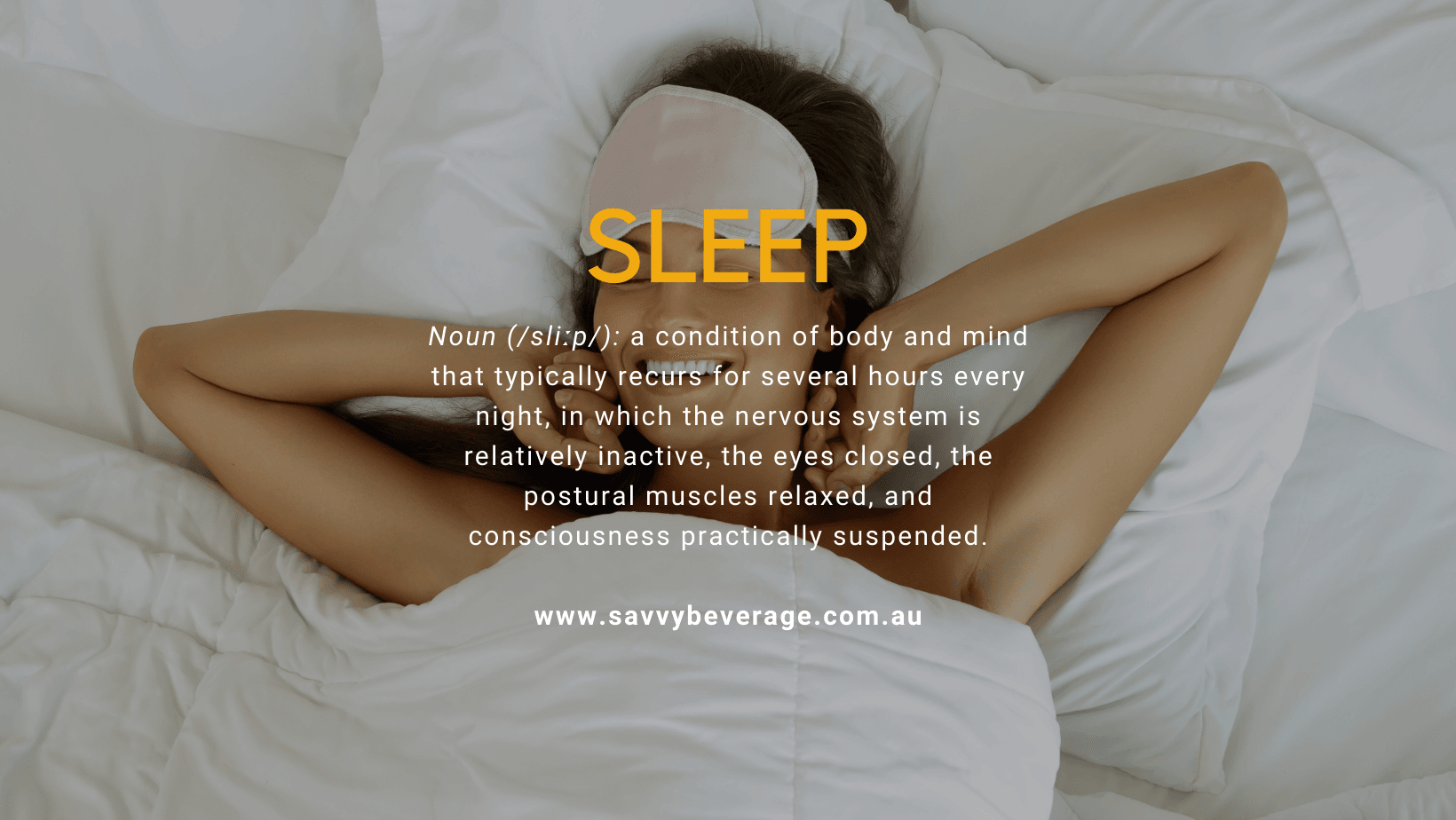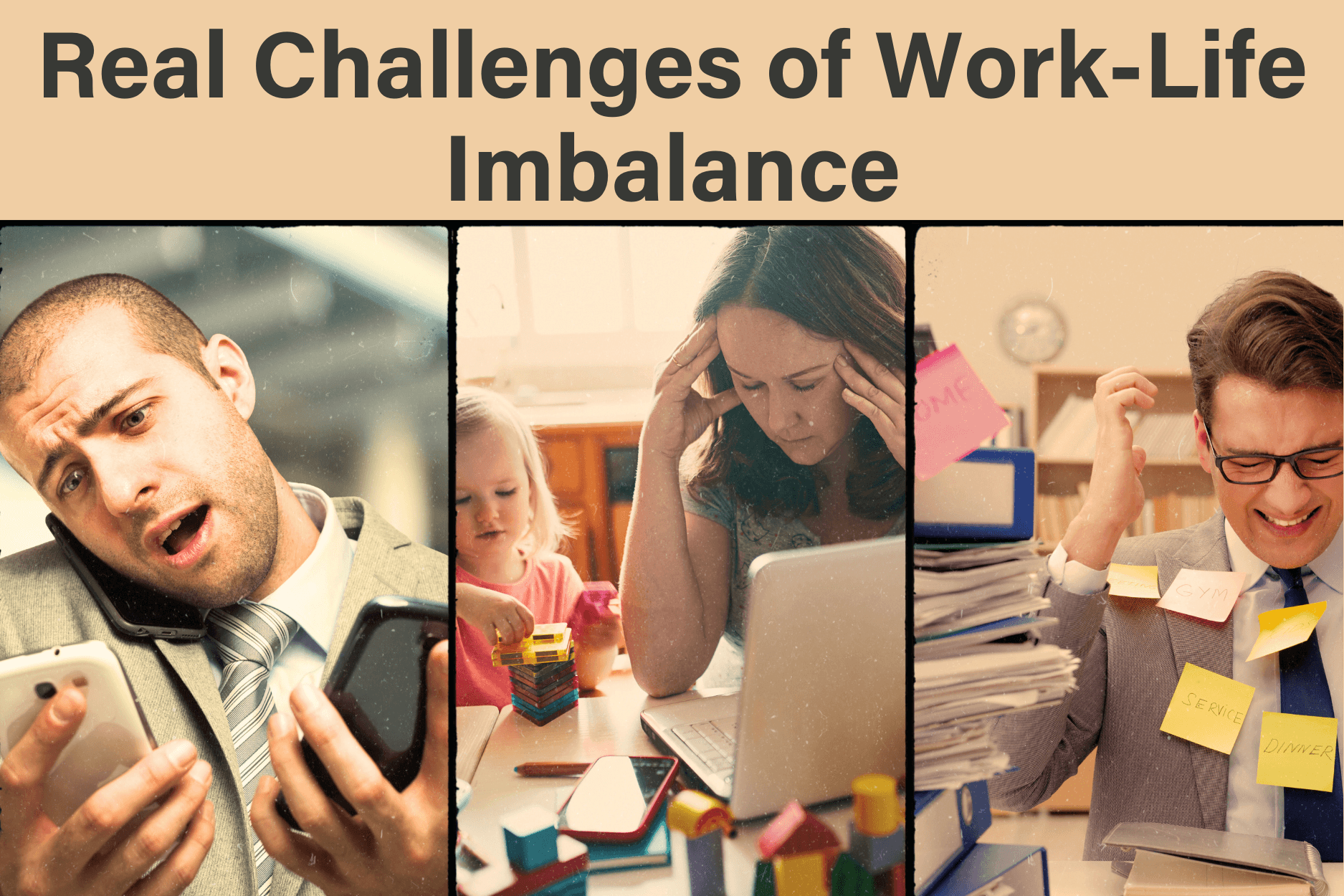
Tips For Better Sleep

|
Article at a glance |
|
Regular exercise and a balanced diet are just as vital as getting a good night's sleep. Consider all of the variables that might prevent you from getting a good night's sleep, from job stress and family obligations to unforeseen problems like sickness. It's no surprise that getting a good night's sleep may be difficult.
While you may not be able to manage the things that disrupt your sleep, you can develop habits that will help you sleep better. Begin with these straightforward suggestions.
Poor sleep has been shown to have an immediate detrimental impact on hormones, exercise performance, and cognitive function. In both adults and children, it can promote weight gain and raise illness risk.
Good sleep, on the other hand, can help you be more productive, have a better day at work/study/play, eat less, exercise more effectively, and live a healthier lifestyle.
Both the quality and amount of sleep have dropped in recent decades. In reality, many people have trouble sleeping on a daily basis. Getting a good night's sleep is one of the most essential things you can do to improve your health or reduce weight.
Join us and find out more about how we can beat the sleep struggles in order to improve our mental health.
Tip # 1: Bright Light Exposure During The Day
The circadian rhythm is your body's inherent clock for maintaining time. It has an effect on your brain, body, and hormones, assisting you in staying awake and alerting you when it's time to sleep. During the day, bright light or natural sunshine helps to maintain a healthy circadian rhythm. This enhances daytime energy as well as the quality and length of nocturnal sleep. Daytime bright light exposure increased sleep quality and duration in insomniacs. It also shaved 83 percent off the time it took to fall asleep.
While the majority of studies include patients who have significant sleep problems, everyday light exposure will most likely benefit you even if your sleep is typical. Try to receive daily sunshine exposure or, if that isn't possible, invest in a bright light equipment or bulbs.

Tip # 2: Reduce Blue Light Exposure
Light exposure during the day is good, whereas light exposure at night has the reverse impact. This is due to its influence on your circadian rhythm, which causes your brain to believe it is still sunlight. Hormones like melatonin, which help you relax and sleep deeply, are reduced as a result of this.
Blue light, which is emitted in significant volumes by electronic gadgets such as cellphones and laptops, is the worst in this respect. There are numerous prominent strategies for reducing blue light exposure at night. Such as:
- Protect your eyes with blue-blocking eyewear.
- On your laptop or PC, install an app to prevent blue light. Iris and Flux are two of the best.
- On your smartphone, download a blue light blocking app. These are compatible with both iPhone and Android devices.
- 1-2 hours before going to bed, switch off the TV and any bright lights.
Tip # 3: Cut Out Caffeine At Night

At SAVVY we know that caffeine may have its benefits. Our Mental Performance Coffee has been known to increase focus, reduce stress, prolong energy, as well as many more advantages. And while we love to have a cup or two during the day, we try not to consume caffeine after 3pm.
Caffeine stimulates your nervous system late in the day and may prevent your body from properly resting at night. Caffeine use up to 6 hours before bedtime was found to severely reduce sleep quality in one research.
Caffeine levels might stay high in your blood for up to 8 hours. As a result, consuming a lot of coffee after 3–4 p.m. isn't a good idea, especially if you're caffeine-sensitive or have difficulties sleeping. Stick to decaffeinated coffee if you really want a cup of coffee in the late afternoon or evening.
Tip # 4: Shorten Your Naps
If you love a nanna nap, make sure it’s a quick one! While brief power naps are useful, sleeping for lengthy periods of time or on an irregular basis during the day might have a detrimental impact on your sleep. Sleeping during the day might throw off your internal schedule, making it difficult to sleep at night. In fact, after taking midday naps, participants in one research reported feeling sleepier during the day.
Those who take frequent daytime naps, on the other hand, do not have poor sleep quality or interrupted sleep at night, according to several studies. You shouldn't be concerned if you take frequent afternoon naps and get enough sleep. The consequences of napping vary from person to person.
Tip # 5: Try Meditation
Many people have a relaxing habit before going to bed. Another typical method for treating insomnia is to practice relaxation methods before bed. These approaches have been demonstrated to increase sleep quality.
Listening to soothing music, reading a book, having a hot bath, meditation, deep breathing, and visualising are some of the techniques that might help you relax. Experiment with different approaches to see what works best for you.
Tip # 6: Take A Shower or Bath Before Bed
Another common approach to sleep better is to take a soothing bath or shower. According to studies, they can help people — particularly older ones — fall asleep faster and improve overall sleep quality. If you don't feel like taking a complete bath at night, merely soaking your feet in hot water will help you relax and sleep better.

Tip # 7: Exercise More in the day time
Exercise is one of the most scientifically proven methods for improving your sleep and overall health. It can improve all elements of sleep and has been used to alleviate insomnia symptoms. In one research of older persons, exercise reduced the time it took to fall asleep by nearly half and resulted in 41 extra minutes of sleep every night.
Although daily exercise is essential for a restful night's sleep, doing it too late in the day might induce sleep issues. This is due to exercise's stimulatory impact, which raises alertness and chemicals such as epinephrine and adrenaline. However, several studies have found no harmful effects, indicating that it is very dependent on the person.
Final thoughts
Sleep is essential for good health. Making sleep a high priority and using some of the recommendations above are suggested if you want to achieve optimal health and wellbeing.
References
[1] Impact of sleep and sleep loss on neuroendocrine and metabolic function
[3] Effects of sleep deprivation on performance: a meta-analysis
[4] The Circadian Cycle of Sleep and Wakefulness
[5] Alleviation of sleep maintenance insomnia with timed exposure to bright light
[7] Caffeine effects on sleep taken 0, 3, or 6 hours before going to bed
[9] The effect of nap frequency on daytime sleep architecture
[11] Effect of foot bathing on distal-proximal skin temperature gradient in elders
[13] Effects of vigorous late-night exercise on sleep quality and cardiac autonomic activity








